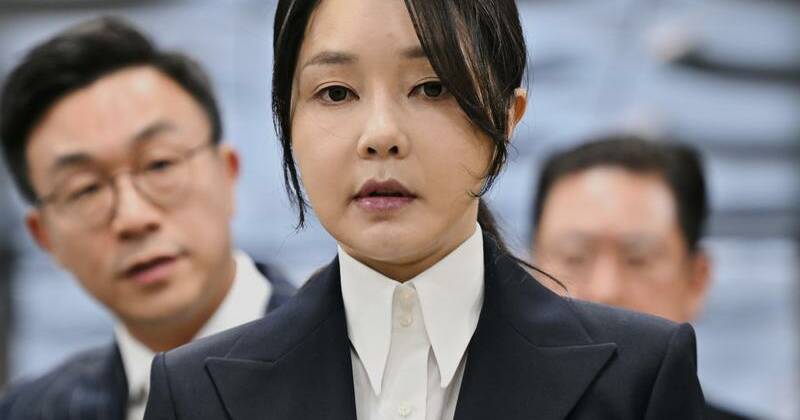
The United States government has launched an inquiry into the use of artificial intelligence chatbots as companions for teenagers. This investigation, spearheaded by the Federal Trade Commission (FTC), aims to assess the potential risks and psychological impacts these AI tools may pose to young users.
As technology evolves, many teenagers are increasingly turning to AI chatbots for companionship. Companies behind these platforms, including major social media firms, are under scrutiny for how they market these tools and their potential effects on mental health. The inquiry focuses on whether these AI chatbots can lead to emotional dependency or contribute to social isolation among adolescents.
The FTC’s investigation comes at a time when concerns about children’s mental health are escalating. According to recent data from the Centers for Disease Control and Prevention (CDC), nearly 20% of teenagers reported feeling persistently sad or hopeless in 2021. This figure highlights the urgency of understanding how AI chatbots might influence vulnerable populations.
Key Concerns Over AI Companionship
Critics argue that the rise of AI companions could exacerbate issues related to loneliness and anxiety in teenagers. Experts warn that while these chatbots may provide immediate emotional support, they lack the nuanced understanding and empathy of genuine human interaction. This raises questions about the long-term effects of relying on AI for companionship.
The inquiry will explore whether companies have sufficient safeguards to protect young users from potential psychological harm. The FTC is expected to evaluate the transparency of these platforms regarding data collection, user privacy, and content moderation. In recent years, incidents involving harmful content on social media platforms have raised alarms about the adequacy of current regulations.
In addition to mental health concerns, the FTC’s inquiry also seeks to determine how these AI chatbots handle sensitive information. Data privacy remains a critical issue, especially when it comes to minors. Companies must demonstrate their commitment to protecting user data and ensuring that their algorithms do not perpetuate harmful stereotypes or misinformation.
Industry Response and Future Implications
In response to the inquiry, several companies have pledged to cooperate fully with the FTC. They emphasize their commitment to creating safe environments for users and addressing any potential risks associated with AI companionship. This includes employing stricter guidelines for content and enhancing user controls.
The outcome of this investigation could lead to significant changes in how AI chatbots are developed and marketed to younger audiences. Depending on the findings, the FTC may introduce new regulations aimed at protecting minors from harmful digital interactions. This could set a precedent for other countries grappling with similar issues related to technology and youth.
As the inquiry unfolds, it underscores the need for ongoing dialogue between technology developers, regulators, and mental health professionals. Striking a balance between innovation and safety will be crucial to ensure that the benefits of AI technology do not come at the expense of young users’ well-being.







